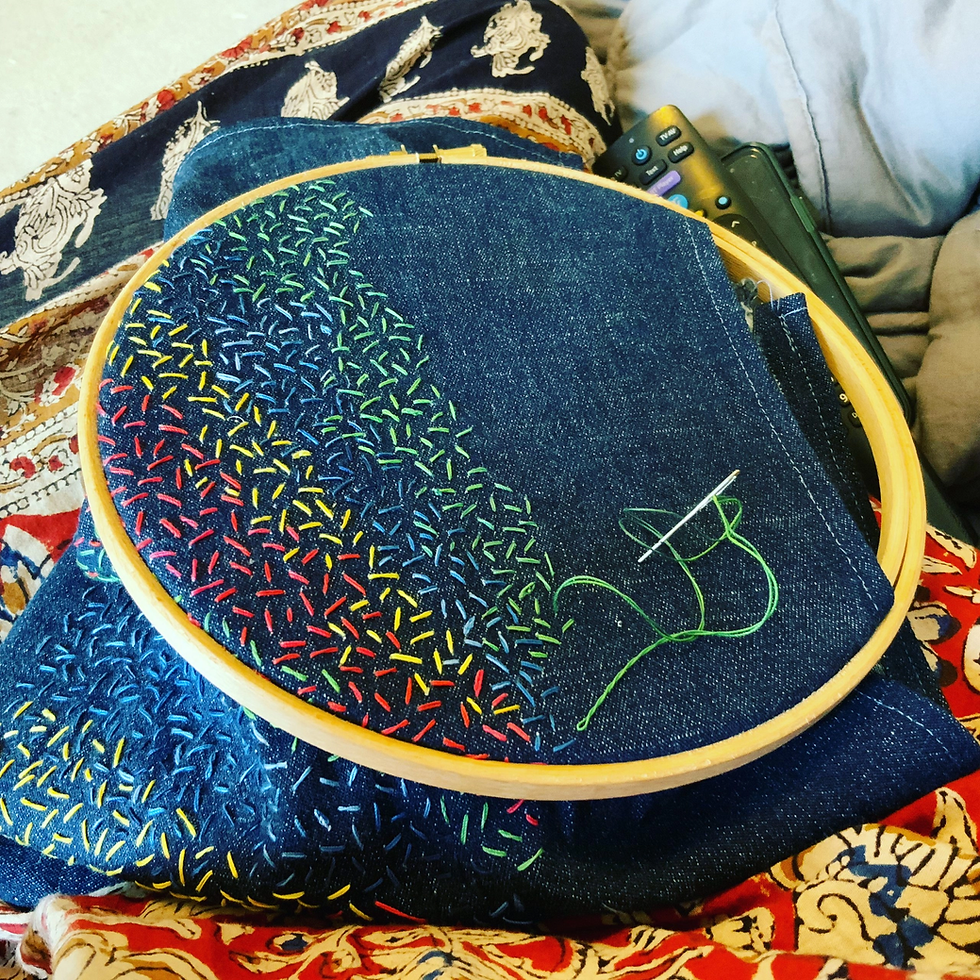Want to be more productive? Work Less!
- Isi Dixon
- Nov 15, 2021
- 3 min read
How’s this for a radical idea – if you want to get more done, work less. The theory behind this is simple.
The more you work non-stop, without taking any breaks, the lower your productivity becomes. You lose focus, you slow down, you make more mistakes. Study after study has shown this, but do we listen? Generally, not.
Most of us still knuckle down to push for that extra hour or two at night, go without breaks for hours on end, working through the weekend again and again, never taking holidays. And then we’re surprised that we get further and further behind and eventually experience burnout.
Stop it! NOW!
You need to take your breaks.
By taking regular breaks, you give your brain a chance to recover, to refresh and to gather the energy to keep doing good work for longer. It's the "sharpening the saw" principle, that Stephen Covey started talking about in the 1980s.
So how many breaks should you take and how long should they last?
about 5 - 10 minutes every hour or so
30 to 60 minutes for lunch (or whenever the middle of your workday is)
the whole evening and not just the night while you're asleep (most days)*
a proper weekend (most weeks)*
a week or two or even three on holiday
If you're thinking, "Sounds great, but I'm too busy to take all those breaks" then trust me, you'll need them even more. Try it for a week or two, give it a proper go: have your breaks and see the difference it will make to your productivity.
Having mini breaks throughout the day helps your brain to refresh and recharge. And with "break" I don't mean go on social media or check your emails. I mean get away from your desk and your phone, make yourself a drink, go outside for a bit, watch the clouds, meditate, have a mini dance party to your favourite song; whatever works for you.
*The reason I said “most days” and “most weeks” is that it’s ok to put in extra hours now and again. We do have to knuckle down once in a while to finish a particular project on time and put in some extra hours. And that’s ok. But it shouldn’t be the rule; it should be the exception.
Your brain (and your mental health) will thank you!
You might have heard of the “flow state”, that magical experience where you’re totally in the zone, work just flows and you get lots done. This can only happen if your brain is well rested.
Our brains aren't made to focus for hours on end. They're great at doing so in shorter bursts though. That's when you're able to get into the flow and are able to focus intensively for a while, then take a break and you can do it again. That’s how you improve your productivity – working in up to 90 minute bursts with short breaks.
Here’s a link to a study from 2014 that showed that:
The most productive employees didn’t work full eight-hour days, and they took 17-minute breaks for every 52 minutes of work.
And in New Zealand and Iceland, the 4-day work week is being adopted for all these reasons. It doesn’t mean working the same number of hours over 4 days, though. That would defeat the purpose. It means working 32 hours instead of 40 or working 30 hours instead of 37 but still getting paid for full-time work – because the output is just as good or even better. Productivity has gone up even though people are working less. That’s how it works. Almost like magic, right?
So, here’s my motto for you:
Work less to achieve more.
If you found this post insightful, please use one of the social media buttons below to share. Thank you! 😊
.png)



Comments